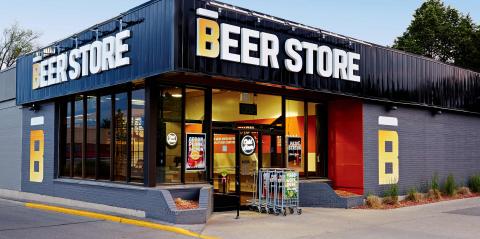Store Brand Beer - A Growing Trend

The economy sucks, there's no denying it. Cash is by all accounts more tightly today than any time in recent memory, regardless of how much the national media touts the "recuperation." More and more individuals are being compelled to fix their belts, and this lesson isn't squandered on the nation's retailers. To answer the requirement for more prominent esteem and lower costs, an expanding number of self marked brews are hitting racks. You'll get self marked everything, from macintosh 'n cheddar to bread and sweets. You'll even discover store mark lager out there now.
Presently Handcrafted Beer won't not sound extremely engaging to many folks. The greater part of us compare highly contrasting name brands with a relinquish in quality at a lower cost point. Is that the case with these lagers, however? Strangely, it won't not be. One illustration, Big Flats from Walgreens, is by all accounts making waves in the business. Retailing for about $.50 per can, you'll find many satisfied clients out there who are appreciating this mix.
Another organization Instagram that has presented their own marked lager is Supervalu, one of the nation's biggest supermarket chains. Their Buck Range Light name has appeared to OK audits from clients, too. There are others getting on the temporary fad, also. Some even began doing this before the economy got especially disheartening. Take Costco, for instance. This distribution center super goliath presented their Handcrafted Ales line of brews in 2008. Indeed, even 7-Eleven has gotten in on the demonstration with their Game Day Light and Game Day Ice brews.
How are these store brands going to contend with the Big Three, however? Strikingly, it's not by any stretch of the imagination down to promoting. While Bud may have spent what might as well be called a little country's GNP on late Super Bowl promotions, it truly comes down to shoppers. At the point when given the decision of paying a higher cost or a lower cost for premium quality brew, the wallet is quite often going to win out in the dominant part of cases.
What does this mean for the specialty brew industry? This is to a great extent because of the way that the individuals who purchase these sorts of lagers are searching for a trade for Bud or Light beer, instead of a specialty brew. Most store brands are situated to contend with watery American lagers, instead of specialty lagers, in any case, so it may really be an unsettled issue. Pretty much everybody who both appreciates lager and enjoys handcrafting their own natively constructed products has most likely considered taking up home fermenting at some time.
